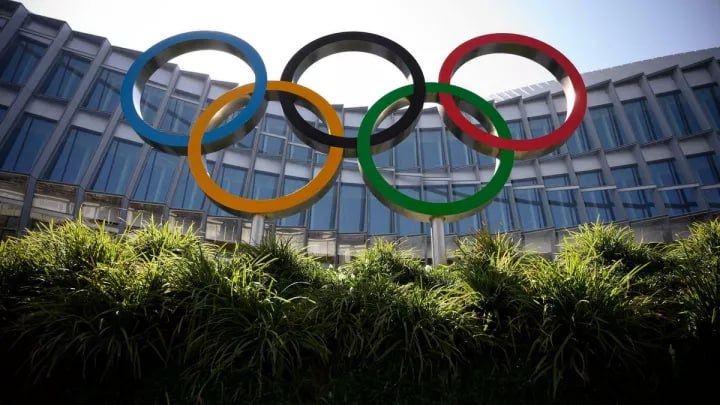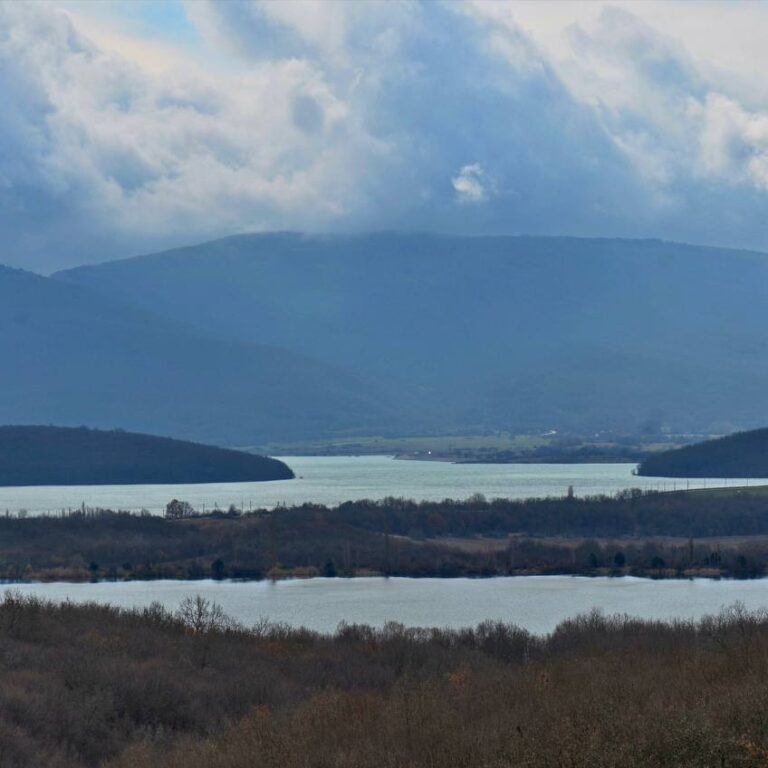Oliver Loode, Director of URALIC Centre from Estonia and former member of UN Permanent Forum on Indigenous Issues shared with our Association own reflections from the International Forum of the Crimea Platform Expert Network “Foreseeing the future: Experts’ view”
Loode stated that “Ukraine has always impressed me as a country where being an expert carries a special meaning and status. Experts are considered to not only be more informed and knowledgeable about their field of expertise, but also know better what the future will, or at least should hold”
Estonian expert “found myself pondering this question during the last discussion panel on 19 July” of Forum, entitled “Post-war Russia: visions from the democratic states” and moderated by Alexander Khara, where he had an opportunity to make a statement.
“To begin with, I find it significant – and overall very positive – that the Crimean Platform tackles issues that are bigger than Crimea alone. For several reasons: firstly, Crimea’s fate is clearly linked to wider geopolitical developments in our region. Secondly, this gives to Crimea an additional, symbolic meaning – Crimea represents not only a concrete peninsula temporarily occupied by Russia, but it is also a kind of a geopolitical brand that can trigger wider discussions and debates about our region. Just like at this Crimea Platform expert forum”, Loode stated.
The panel discussion on the future of Russia was attended by a diverse group of experts, including Dmytro Zolotukhin (Institute for Post-information Society), Oleksandr Halenko (Kyiv School of Economics), Anna Maria Dyner (Polish Institute of International Affairs), Refat Chubarov (Mejlis of the Crimean Tatar People) and Akhmed Zakaev (Chechen Republic Ichkeria in Exile).
The future of Russia was tackled from a variety of perspectives, such as history (Halenko), scenario planning (Dyner) and rights of peoples to self-determination (Chubarov, Zakaev), but one of the most revealing statements to Loode’s opinion came from the Ukrainian analyst Dmytro Zolotukhin. While weighing the pros and cons of a scenario of Russia’s disintegration versus deep reforms of the current Russian Federation – as a result of which the state would continue to exist – Zolotukhin admitted that in Western expert circles there is effectively “no appetite” to see Russia disintegrate, and that personally he has not seen a single Western expert calling for Russia to be broken into pieces – “due to fear of instability that is stronger than the fear of Putin, among other reasons”.
Considering this, according to Zolotukhin, “Russia’s defeat should be understood as that of Putin’s power vertical rather than of the federation as such”. Similar sentiments were echoed by the Polish analyst Anna Maria Dyer, according to whom allegedly “nobody wants to see a civil war in Russia and that the West should rather prepare for a more nationalistic future Russia rather than a disintegrated one”. “Even though these views were to a bigger or smaller extent countered by Akhmed Zakayev, Refat Chubarov and myself, I would argue that the dominant expert voice of the panel predicted and called for a reform of the Russian Federation rather than its collapse” Loode added.
“A thrilling discussion, for sure. But to me still a question remains: are those experts who are favouring moderate rather than existential changes for the Russian Federation thinking so 1) because of having particular expert knowledge or analytic tools and skills not available to the rest of us, 2) because this is the kind of future that they genuinely want to see for Russia, or 3) are they in fact reflecting back more cautious view of geopolitical analysts from major Western states” Loode asked.
“If it is the latter, then I see a certain risk of a double-self-fulfilling-prophecy here: first, major Western analysts let their Ukrainian and other Eastern European colleagues known their general preference, secondly these colleagues, while taking into account these views, basically align with them, as a result a kind of broader consensus emerges, with a potential to shape the actual course of events with respect to, and also inside Russia” added Estonian expert.
“In my view, this is the time when Ukraine and its people should really think for themselves – what kind of an eastern neighbour, or possibly several of them, do they want? What kind of a political arrangement on the territory of today’s Russian Federation would guarantee security in the long term? Is it a reformed Russian Federation or something entirely different from it, such as multiple states formed along ethnic and/or regional identities on the territory of today’s Russian Federation?” Loode asked also.
URALIC Centre representative summarised that experts serve an important role in this discourse. And expert discussion like this one can be very valuable venues for exchanges, debates, learning from each other and challenging one’s thinking.







